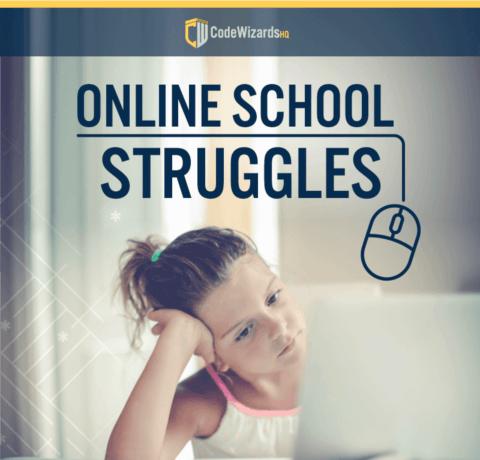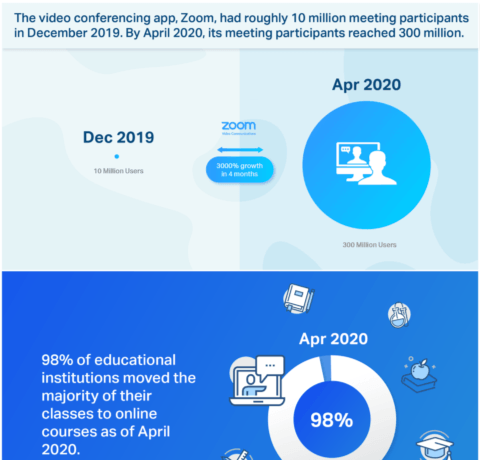Online Education and the Developing World Infographic
It is widely acknowledged that education plays a leading role in improving individuals’ and entire countries’ quality of life. Lacking access and financial resources, the developing world is an educational desert, languishing in illiteracy and poverty while the developed world is drinking deeply from the wells of information and knowledge. Bridging the educational divide across the world is now easier than ever thanks to the Internet and online learning. But are options like MOOCs (massive open online courses) the silver bullet the world has been waiting for, or will a lack of infrastructure and language barriers prove online education to be just another way the haves educate themselves and the have-nots continue to get left behind? The Online Education and the Developing World Infographic presents how effective online education is currently, and its potential for growth.
Why Education Matters
According to the World Bank, education is a powerful driver of development and one of the strongest instruments for:
- Reducing poverty
- Improving health
- Gender equality
- Peace
- Stability
University-level enrollment, select countries, most recent years available
- Niger: 2%
- Central African Republic: 3%
- Cote d’Ivoire: 4%
- Pakistan: 10%
- Liberia: 12%
- Qatar: 12%
- India: 25%
- China: 27%
- Colombia: 45%
- Saudi Arabia: 51%
- Japan: 61%
- United Kingdom: 62%
- Russia: 76%
- United States: 94%
- South Korea: 98%
The Big Idea — Massive Open Online Courses
Top-notch university education is available to more students around the world through lecture videos and interactive course work online. Many courses are free, and all are available to anyone with Internet access. And students in the developing world comprise a great and growing proportion of the largest providers’ users.
Coursera:
- 11 million students
- Classes are free.
- Students can purchase “verified certificates” for a single class or mini-degrees in entrepreneurship or cloud computing.
- 1 in 3 users from developing world
edX:
- 3 million students
- Classes are free.
- 9% of edX’s students came from Africa in 2014.
- 12% of edX’s students came from India in 2014.
Others:
- Khan Academy: 30% of visitors are non-Americans.
- Udacity: 60% of students are international.
Hurdles to Education
- In addition to the traditional hurdles facing students in the developing world, access to online education presents unique challenges.
- Reliable high-speed Internet access capable of streaming course lecture videos is hard to come by in the world’s poorest regions.
- 31% of households in developing countries have Internet access.
- 81% of edX students view material on desktop computers.
- 12% of edX students use a mobile phone.
- 7% of edX students use a tablet.
- Basic literacy is a major problem in the areas of the world where education is needed most.
- Most U.S. universities only offer higher-level courses aimed at the middle class.
- Major challenge to tailor content of courses to a diverse worldwide audience.
- May not fit different learning styles in different nations.
- Relying on other organizations to address basic literacy and foundational learning.
Minor Tweaks, Major Impact
Changes in MOOC platforms show promise for increasing access to the developing world, including:
- Ability to download course videos rather than only streaming.
- edX’s plan to start open-sourcing its platform to allow more universities to post online courses and software programmers to experiment with customized interfaces.
- Providing real-world certifications, regardless of location.
- Blend of online courses and traditional college work.
While MOOCs have real issues (digital divide and literacy) that must be addressed in order to fully meet their missions of bringing education to the people that need it most, there are wonderful opportunities for customized education by blending online and traditional learning. Once content is created in languages other than English, infrastructures are improved, and digital mobile hardware catches up, online education has the potential to change lives.







You can adjust your cookie preferences here.